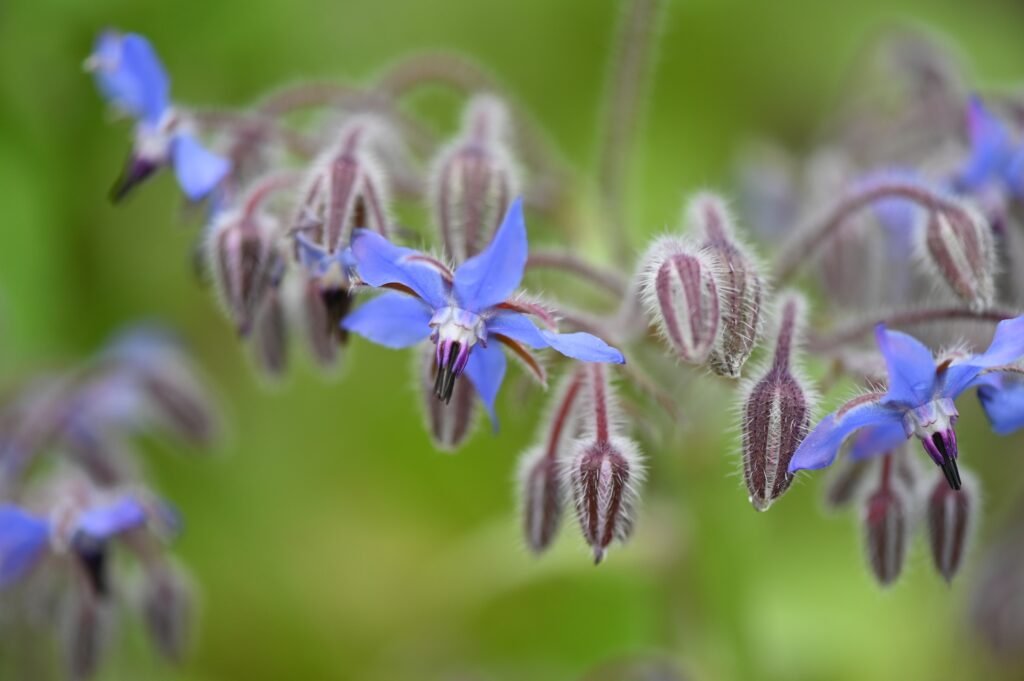Having worked in the ambulance service for many years and battled with Post Traumatic Stress Disorder (PTSD), Nat has developed a strong understanding of nature’s ability to heal.

“PTSD never really goes away, but symptoms can be managed and you develop coping strategies over time – gardening has certainly helped with this. Following diagnosis I realized it wasn’t just something I enjoyed, I used gardening to help manage my mental health.”
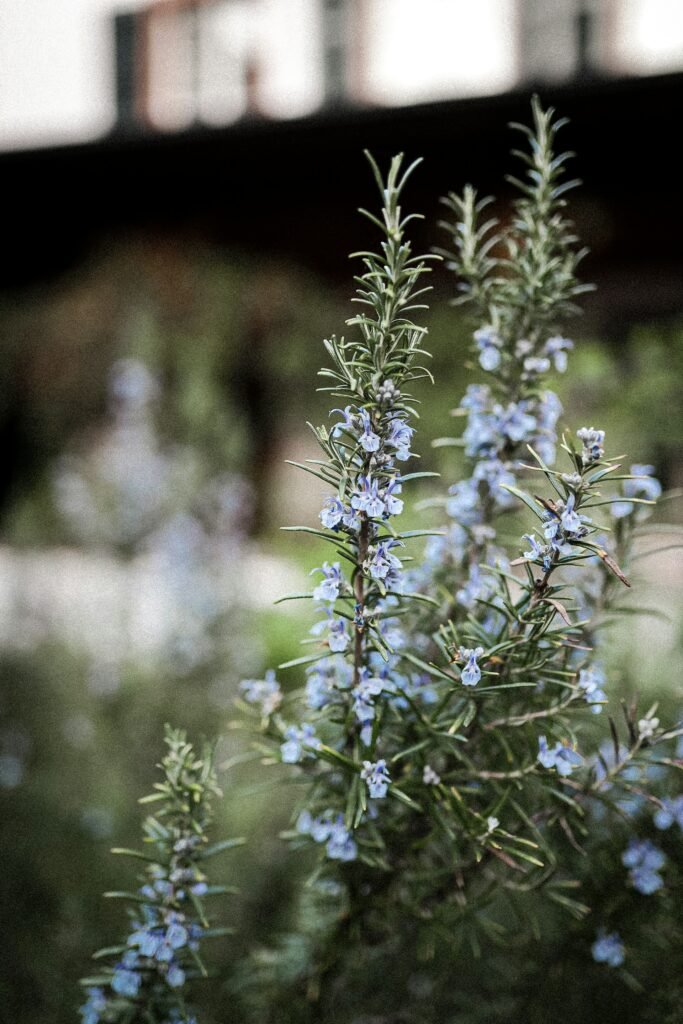

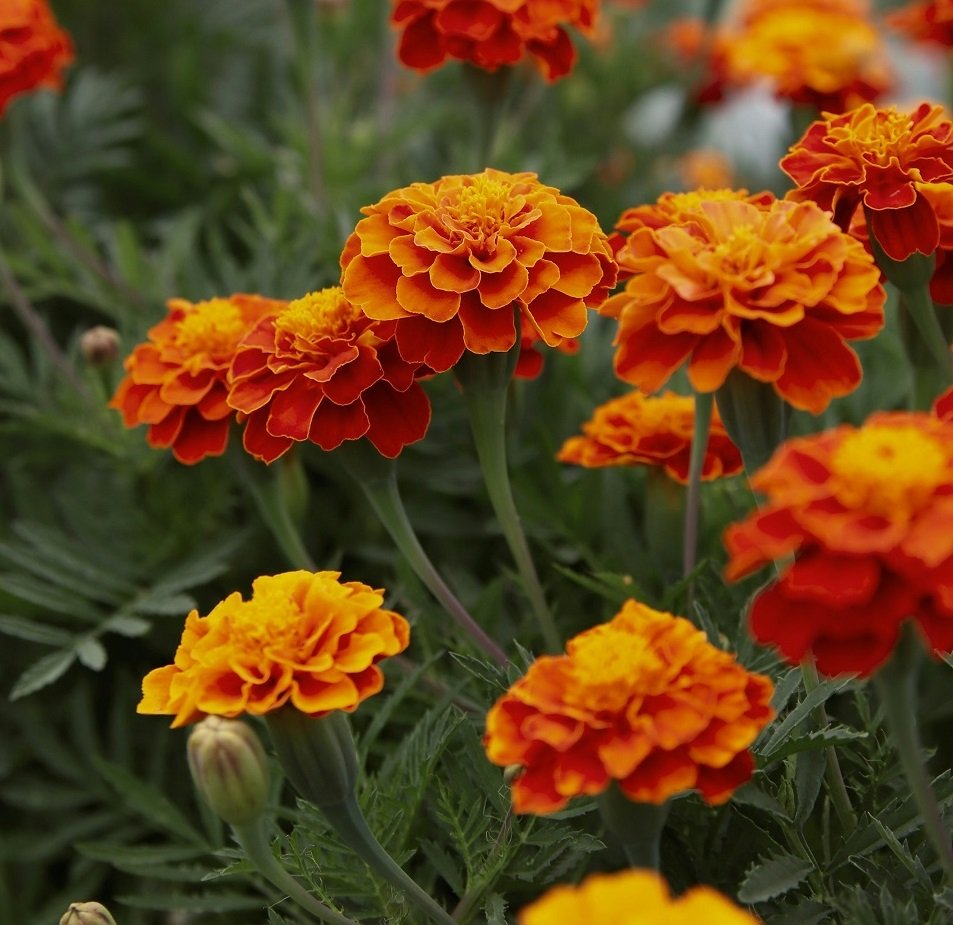
Some studies suggest that consuming lavender as a tea can help digestive issues such as vomiting, nausea, intestinal gas, upset stomach, and abdominal swelling.
In addition to helping with digestive problems, lavender is used to help relieve pain from headaches, sprains, toothaches, and sores. It can also be used to prevent hair loss.

Not only can the leaves, roots, and flowers add color to your plate, but they’re also often found in herbal teas and supplements.
They can be used as a natural remedy to support blood sugar management and boost skin, liver, and heart health. You'll never look at dandelions the same again!
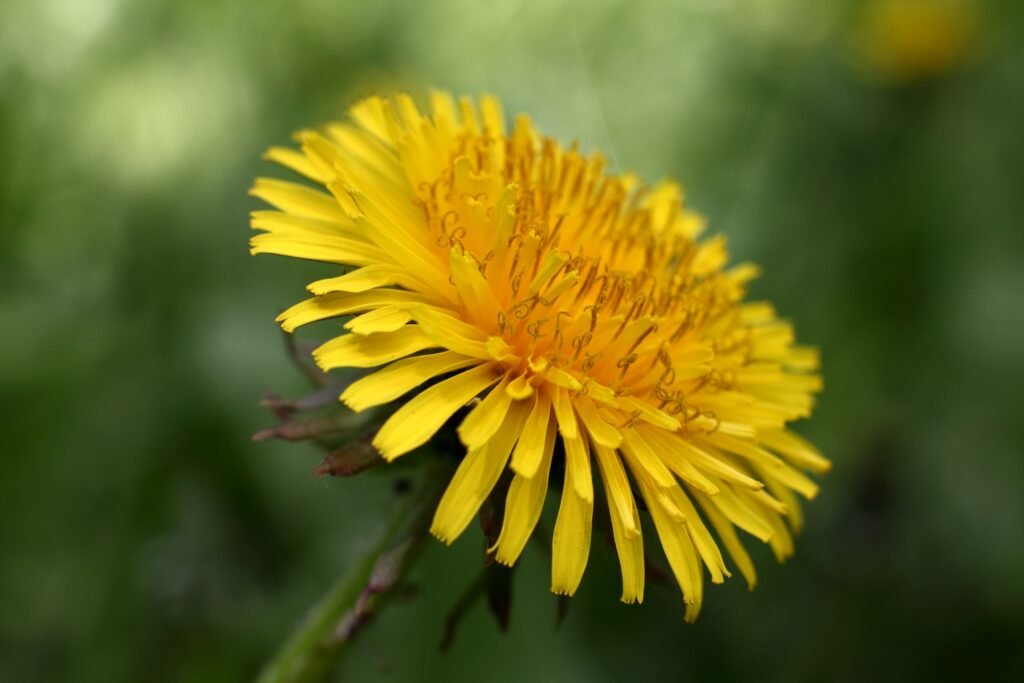
Chamomile can be taken internally as tea for minor digestive problems. It can be used as an aromatic, anti-inflammatory, antispasmodic, carminative (digestive aid), and de-stressing nervine.
Externally it has been used in hair wash, hair dyes, and for sore skin or eczema. Chamomile is probably the most well-known plant used as a nervine tonic, helping to relieve stress and tension.
One recent study confirmed it’s safe for long-term use and that it also shows potential in anticancer treatments.
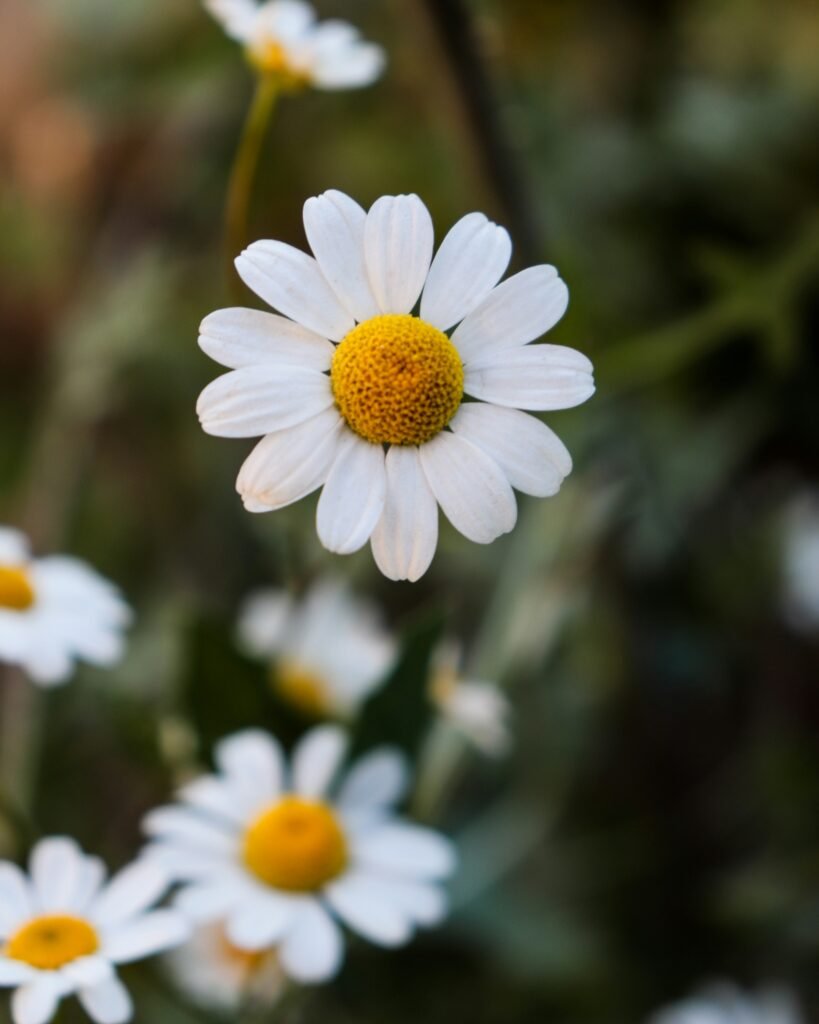
Studies suggest that it may reduce inflammation, hay fever symptoms, blood pressure, and blood sugar levels, among other benefits.
While fresh stinging nettle may cause irritation, cooked, dried, or freeze-dried stinging nettle is generally safe to consume.
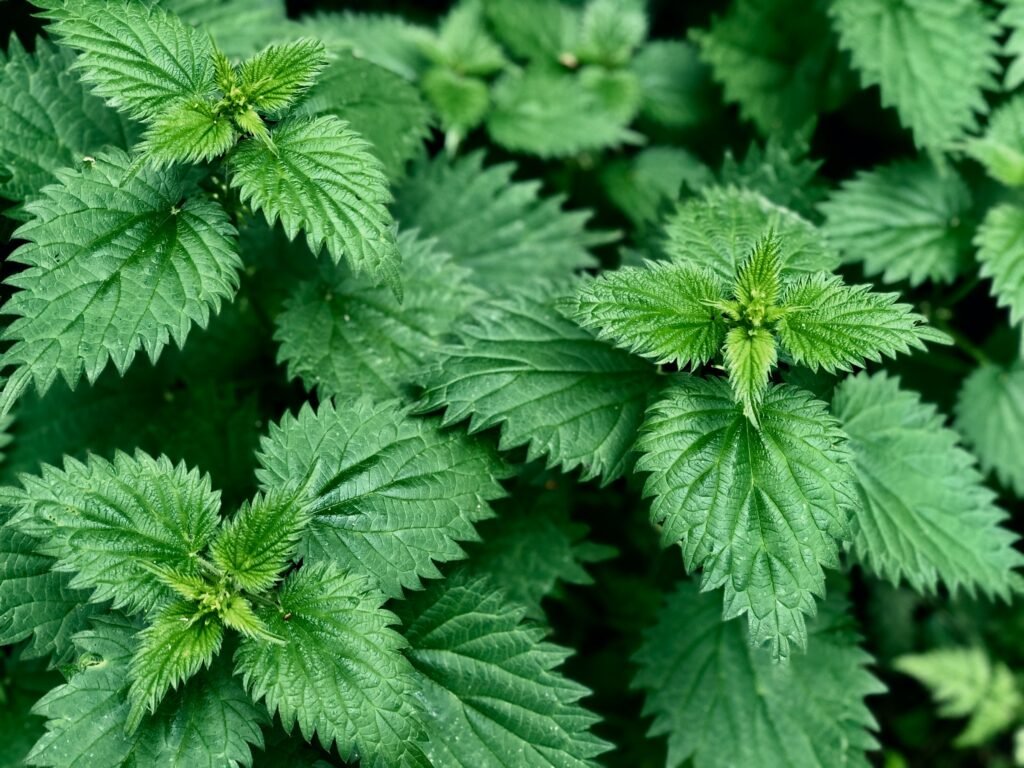
It is associated with several health benefits: reducing inflammation, improving skin health, decreasing symptoms of asthma, bone strengthening, treatment of bronchitis, and many more.
